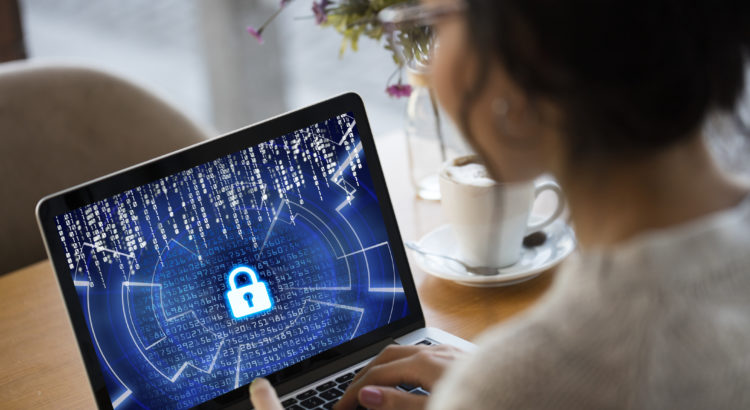Now, perhaps more than ever, real estate folks should be cautious with their social media presence and make sure they are keeping up to date on the latest in cybersecurity, according to the National Association of Realtors and Bay State Realtor magazine.
NAR has a trove of webinars and other information about social networking, smart phones, e-mail and online safety, and Bay State has dedicated a recent issue to the topic of Realtor safety.
MAR advises that agents and brokers become more familiar with their online accounts if they’re not already; make sure their privacy settings are set properly; be selective in who they allow into their social circles; and think before they post.
One place to start with better securing your online presence is by setting up a Facebook business page, rather than using a personal Facebook profile to promote your business. The pages “are known for their marketing capabilities, but they also allow you to keep your personal and professional posts separate,” the MAR article noted.
MAR also suggests taking a closer look at settings on social media accounts to customize who can see what on your various pages. The association suggests keeping profiles like Instagram public, otherwise followers must request permission to follow your posts.
Although it might make your following look more robust, take a closer look at who is allowed to follow your social media accounts and be selective on who makes the cut, MAR suggests.
“You should carefully vet future friend requests, but you can also clean out your current list of friends and followers, too. Delete anyone you don’t know and anyone you don’t want seeing your personal information,” the article suggested.
Finally, take a step back and evaluate what you’re posting before you hit the send button. Ask whether it is the right kind of post for your platform, according to MAR.
“For example, do you want to share your current location on a public business page, or is that something to share with close friends only? Do you want to share silly, personal photos with a wide audience in Instagram or are those better for your Facebook Stories?”
For more on cultivating your social media presence, watch AgentEDU’s courses on Yelp for Your Business and Developing Your Professional Image.


